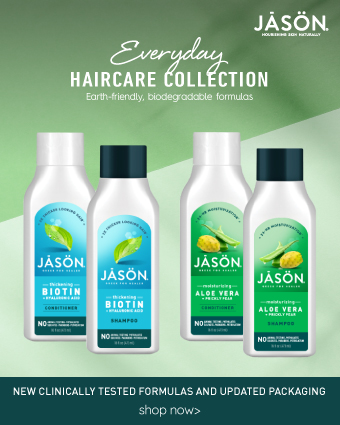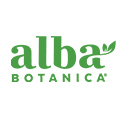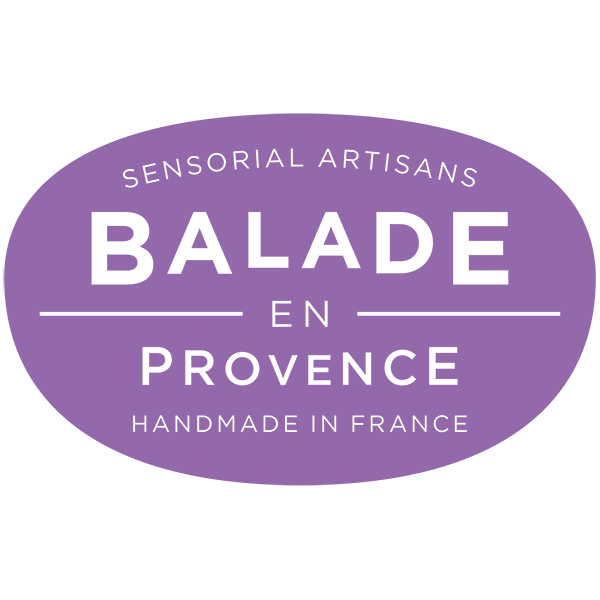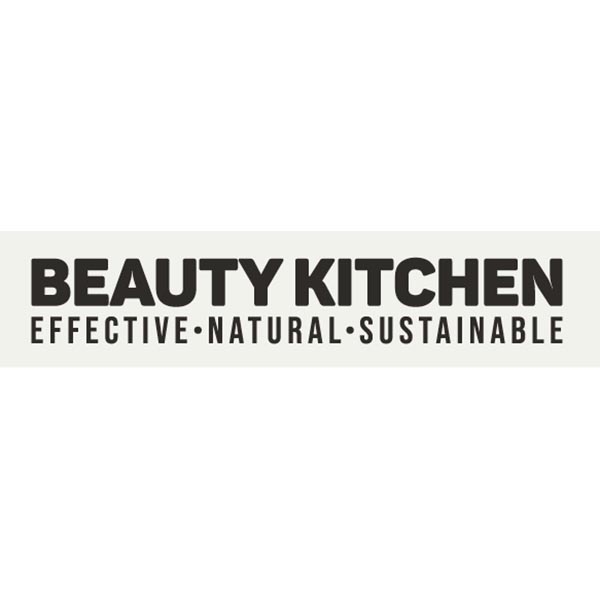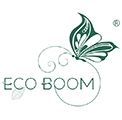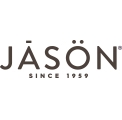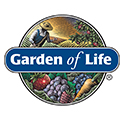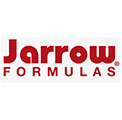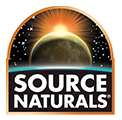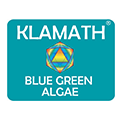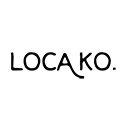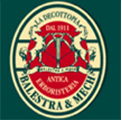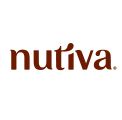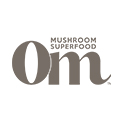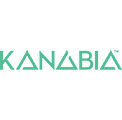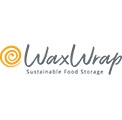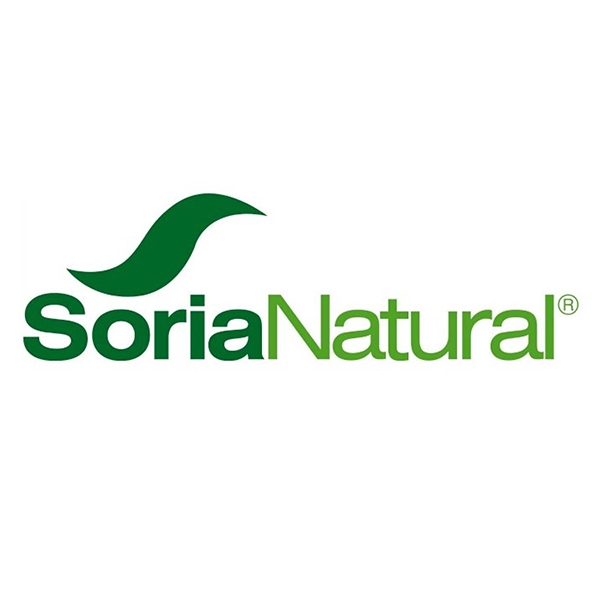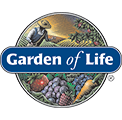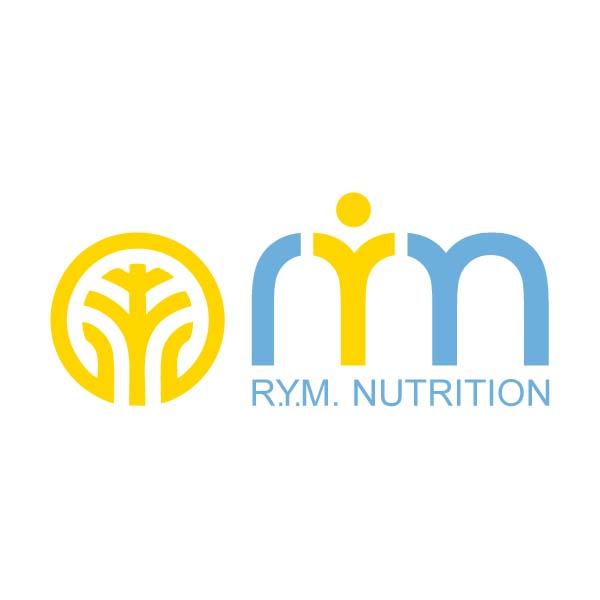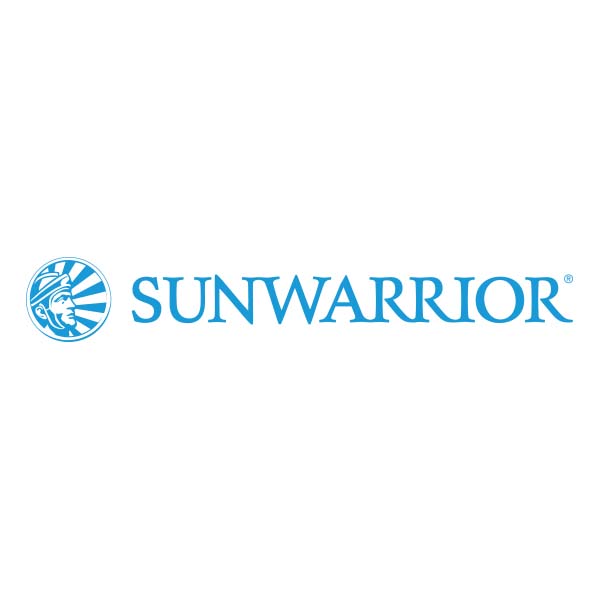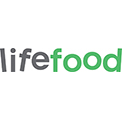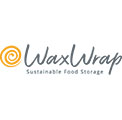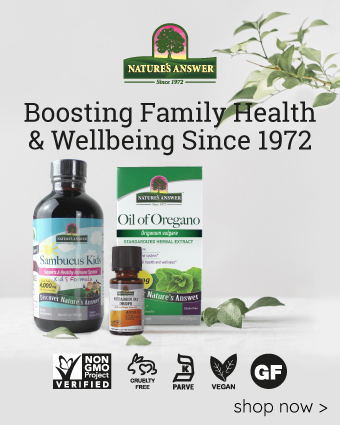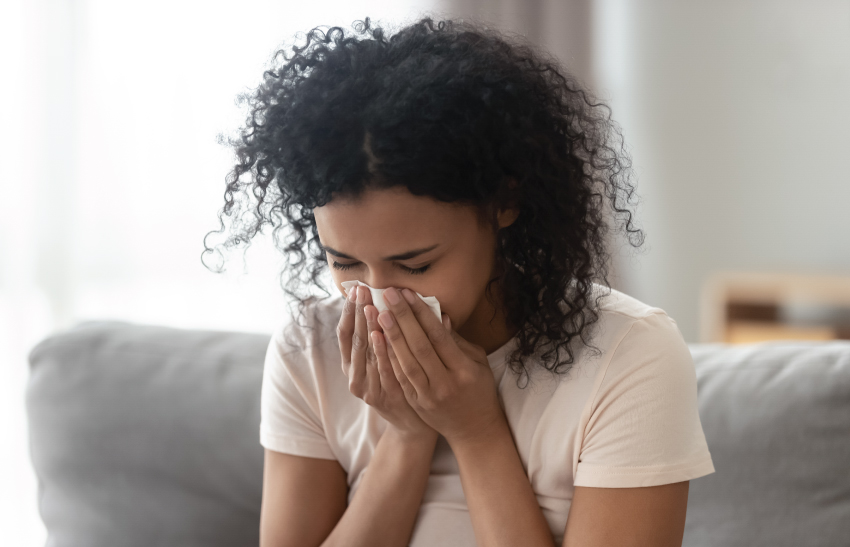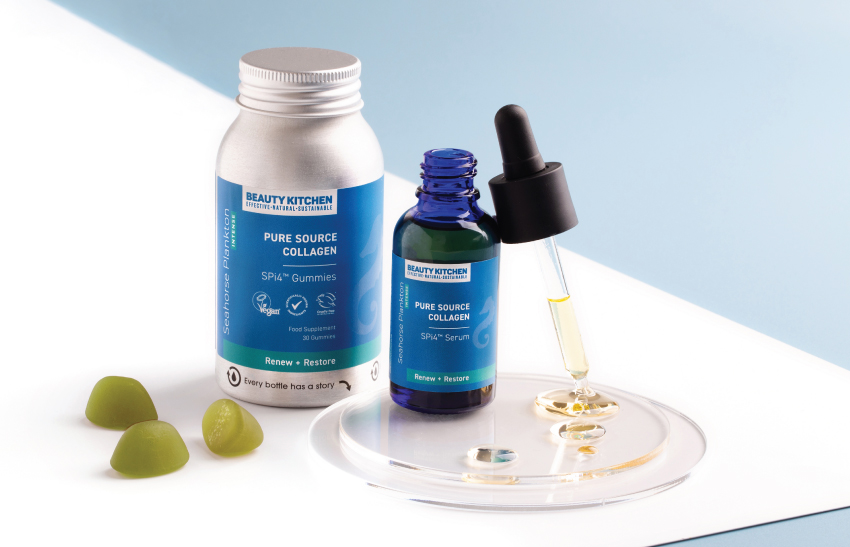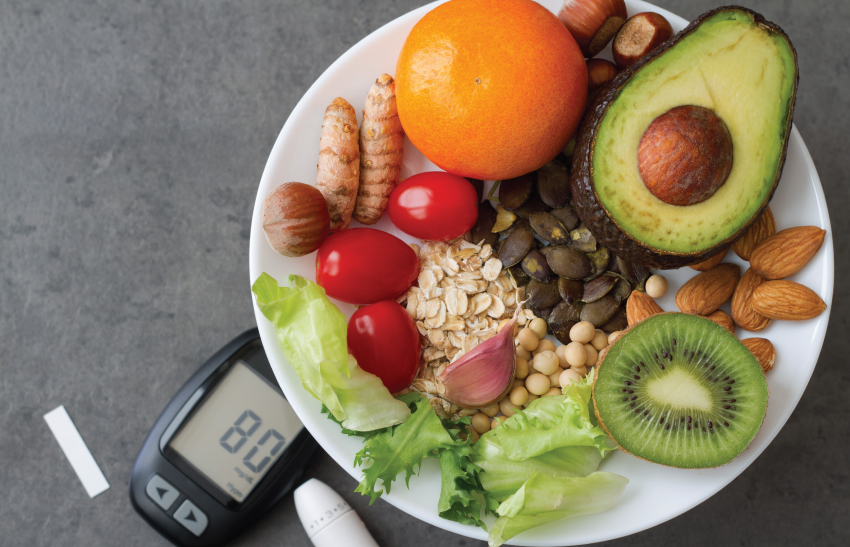
In the Ayurvedic tradition, summer is considered the ‘Pitta’ season. This is when the body is more prone to conditions that are made worse from excessive heat and sun exposure. It is when the skin can be especially vulnerable to rashes, rosacea, sun burn and inflammation.
A diet containing cooling foods such as light green salad vegetables, cucumber and avocado may help to reduce excessive ‘Pitta’ heat in the body. In addition to pure filtered water, fresh green juices and fruit smoothies provide hydration plus vital nutrients to nourish the skin.
Can nutrients in our diet play a role in protecting the skin from UV rays?
Greater exposure to UV sunlight increases oxidation of the skin, which contributes to skin damage and photoaging. Research suggests that phenolic compounds, Vitamin C and carotenoids derived from plants may protect the skin by preventing UV penetration and by reducing oxidative stress pathways and inflammation.1
We can boost antioxidant consumption by eating a variety of brightly coloured fruit and vegetables, more specifically:
- Anthocyanin rich foods – Anthocyanins are blue, red, or purple pigments found in plants such as blackberry, blackcurrant, blueberry, cranberry, pomegranate, strawberry, raspberry and red cabbage.2
- Foods high in Vitamin C, such as kiwi, berries, papaya and citrus, are essential for normal collagen formation, skin integrity and barrier immunity. The laying down of collagen decreases with age and especially due to sun exposure and photo-aging.
- Carotenoids rich foods - carotenoids are bright yellow, red, and orange colour pigments found in plants such as carrots, mangos, tomatoes, kale, spinach, bell peppers and watermelon. In particular, Astaxanthin - a carotenoid found in seafood such as salmon and microalgae, has been shown to exert skin-protective and skin anti-aging properties.5
- Green tea- Research suggests that natural compounds contained in green tea called catechins may potentially protect against sun damage.3
In addition, omega-3 essential fatty acids may play a role in skin protection as research suggests that dietary omega-3, particularly EPA from oily fish, has the potential to help reduce UV light induced skin inflammation.4
How important is the gut-skin axis?
A deranged gut microbiome has been associated with some skin issues including acne, rosacea and atopic dermatitis (eczema). Factors that can disrupt the body’s healthy microbiome include infections, antibiotics, high stress levels and a diet high in added sugars and ultra-processed foods. It is estimated that around 70% of the body’s immune system resides in the gut. A probiotic microbiome formula containing a diverse range of beneficial bacteria strains may aid general skin health, by a mechanism of reducing inflammation and by improving immunity and skin barrier recovery.5
Zinc contributes to the normal maintenance of skin and it is estimated that a total of 6% of zinc in the body resides in the skin.5
This essential mineral protects against oxidative stress and supports skin repair, maintenance and collagen synthesis. Zinc rich foods need to be a regular part of the diet to avoid deficiency– these include oysters, red meat, eggs, chickpeas, lentils, seeds and nuts.
Inside-out skincare - Hero products can truly deliver!
 Locako Beauty Collagen powder with tangy blueberry and Australian finger lime contains 8000mg of collagen plus a beauty blend your skin is calling out for! - Silica, vitamin C, hyaluronic acid, blueberry, macadamia oil, prebiotics and probiotics.
Locako Beauty Collagen powder with tangy blueberry and Australian finger lime contains 8000mg of collagen plus a beauty blend your skin is calling out for! - Silica, vitamin C, hyaluronic acid, blueberry, macadamia oil, prebiotics and probiotics.
 NeoCell Super Collagen powder, liquid and tablets have been clinically tested to increase skin softness and hydration.
NeoCell Super Collagen powder, liquid and tablets have been clinically tested to increase skin softness and hydration.
 Nature's Answer Platinum Green Tea is a concentrated liquid boost of de-caffeinated green tea extract, standardised to 80% catechins, combined with an ORAC super 7 blend including goji, acai, blueberry, mangosteen, muscadine grape seed and pomegranate.
Nature's Answer Platinum Green Tea is a concentrated liquid boost of de-caffeinated green tea extract, standardised to 80% catechins, combined with an ORAC super 7 blend including goji, acai, blueberry, mangosteen, muscadine grape seed and pomegranate.
 Nature’s Answer Zinc Plus –provides bioavailable forms of zinc balanced with copper and P5P (vitamin B6).
Nature’s Answer Zinc Plus –provides bioavailable forms of zinc balanced with copper and P5P (vitamin B6).
Topical Essentials:
Check out our wide range of sunscreens and sun lip balms here.
 Discover the amazing effects of Z-Gel - this little tube all-purpose soothing gel is ideal for sunburn, insect bites, bruises, skin abrasions and more.
Discover the amazing effects of Z-Gel - this little tube all-purpose soothing gel is ideal for sunburn, insect bites, bruises, skin abrasions and more.
 Aloe vera gel is popular in the summer for calming over-heated skin after sun exposure.
Aloe vera gel is popular in the summer for calming over-heated skin after sun exposure.
Any claims in this article are not intended to diagnose, prevent, treat or cure any diseases. A food supplement is not a substitute for a healthy balanced diet and lifestyle.
References:
1. Petruk, G., et al. (2018). Antioxidants from Plants Protect against Skin Photoaging. Oxidative medicine and cellular longevity, 2018, 1454936. https://doi.org/10.1155/2018/1454936
2. Khoo, H. E., et al.(2017). Anthocyanidins and anthocyanins: colored pigments as food, pharmaceutical ingredients, and the potential health benefits. Food & nutrition research, 61(1), 1361779. https://doi.org/10.1080/16546628.2017.1361779
3. Rhodes, L. E., et al. (2013). Oral green tea catechin metabolites are incorporated into human skin and protect against UV radiation-induced cutaneous inflammation in association with reduced production of pro-inflammatory eicosanoid 12-hydroxyeicosatetraenoic acid. The British journal of nutrition, 110(5), 891–900. https://doi.org/10.1017/S0007114512006071
4. Pilkington, S. M., et al. (2011). Omega-3 polyunsaturated fatty acids: photoprotective macronutrients. Experimental dermatology, 20(7), 537–543. https://doi.org/10.1111/j.1600-0625.2011.01294.x
5. Vollmer, et al. (2018). Enhancing Skin Health: By Oral Administration of Natural Compounds and Minerals with Implications to the Dermal Microbiome. International Journal of Molecular Sciences. 19. 3059. 10.3390/ijms19103059.


